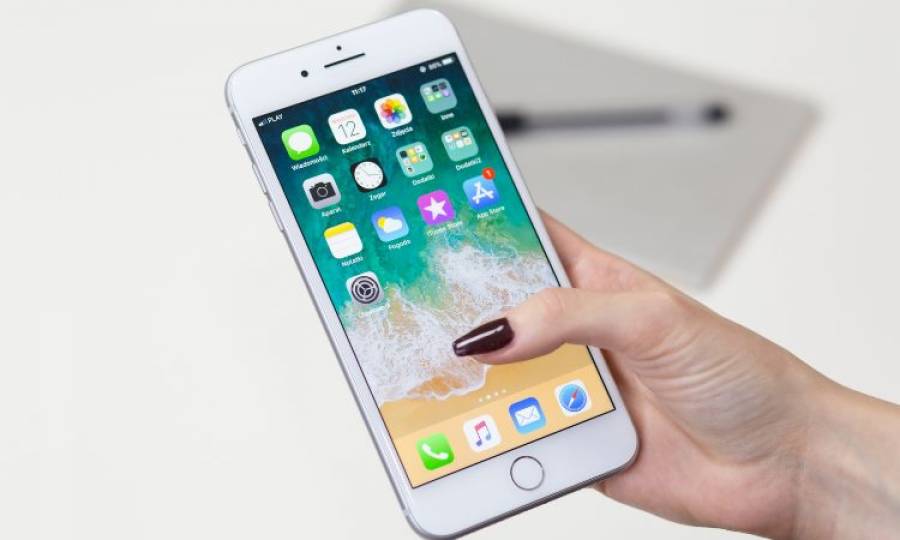Study shows silent mode on mobile phones make users more addicted

PENNSYLVANIA: Penn State researchers have discovered that placing a smartphone in silent mode to minimize distractions may cause users to check their phones more frequently.
Cellphones on silent mode can be more dangerous than on regular mode
According to a study published in the Computers in Human Behavior journal, people with high "desire to belong" and "fear of missing out" scores on personality batteries checked their phones more frequently after placing them on mute.
According to experts, there is no universal answer to the problem of smartphone distraction. S Shyam Sundar, James P Jimirro Professor of Media Effects at the Donald P Bellisario College of Communications and co-director of the Media Effects Research Laboratory, explains, "The general approach to overcoming addiction is by cutting back on that substance."
He stated that there was no evidence that techniques for reducing smartphone usage, such as silencing notifications or restricting phone access, were psychologically helpful.
One hundred thirty-eight iPhone users were surveyed for data. This study is based on data acquired from 138 iPhone users' screen time tracking tools.
When phones were set to an audio alert mode, users revisited them 52.9 times each day. In stark contrast, while phones were in silent mode, they were checked 98.2 times daily.
Different individuals react differently to technology, and its characteristics said the experts. Before creating healthy computing habits, it is essential to understand the individual's nature.
Advertisement
Trending
Popular
Hair loss: Discovery uncovers key stem cells that could reverse ...
-
Broccoli sprout compound may help lower ...
11:31 AM, 25 Feb, 2025 -
Gas Pain vs. Heart Attack: How to tell ...
09:00 PM, 22 Feb, 2025 -
Coconut oil supplement shows promise ...
08:00 PM, 20 Feb, 2025 -
Normal vitamin B12 levels may still ...
05:00 PM, 19 Feb, 2025



